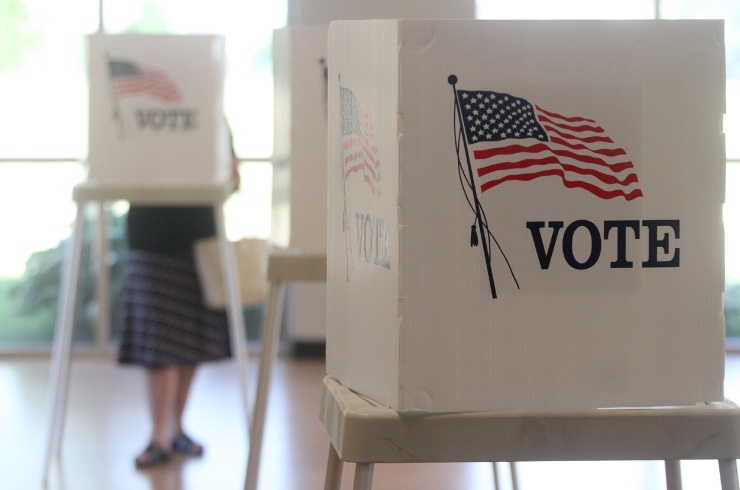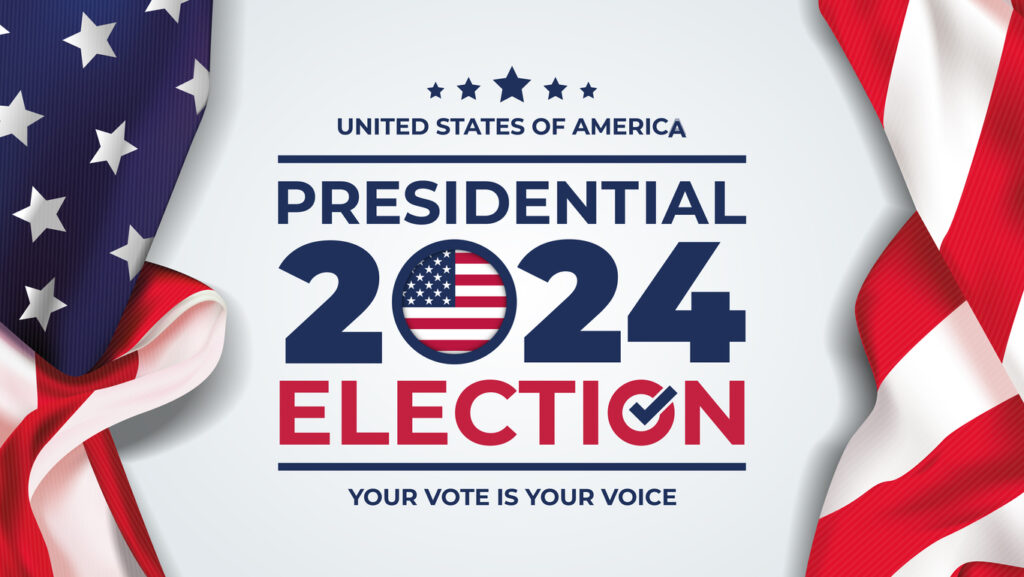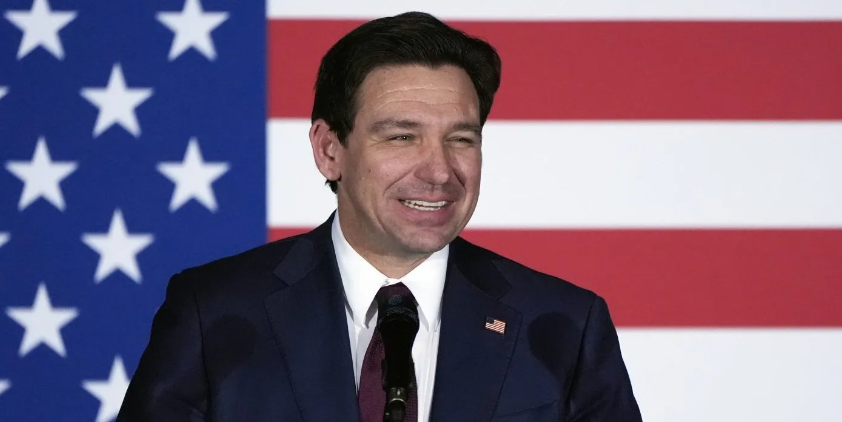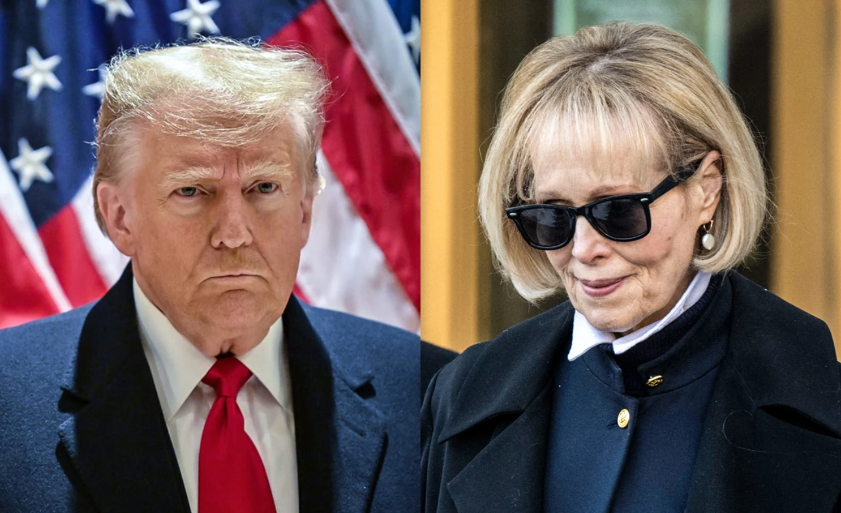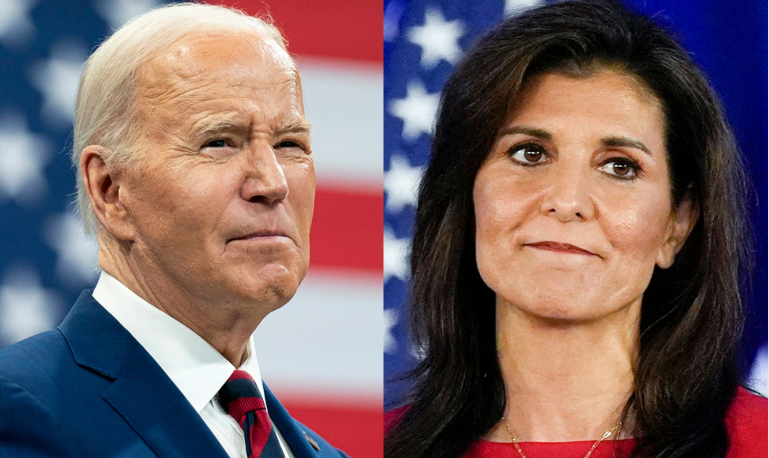
Credit: Bloomberg
In the ever-evolving tapestry of American politics, a curious trend is emerging as we inch closer to the 2024 presidential election. Despite a history marred by controversial statements and actions, Donald Trump, the former U.S. President, is witnessing a surge in popularity among Black American voters. This shift challenges long-held assumptions and sparks a crucial conversation about the dynamics of political loyalty and the quest for representation that truly resonates with the lived experiences of the Black community.
Historically labeled by critics as unsympathetic or outright hostile to the concerns of African Americans, Trump’s political journey has been contentious. From being dubbed the “former white supremacist in chief” to facing accusations of racism for derogatory comments about countries with predominantly Black populations, his relationship with Black voters has been, at best, complicated. Yet, intriguingly, as the next election looms, more Black voters than ever before seem ready to cast their ballots in his favor.
Polls reveal a significant uptick in Trump’s support among Black voters—from 8% in 2016 to a projected 17% should elections be held today. This rise in support comes amidst a backdrop of dwindling allegiance to the Democratic Party, traditionally seen as the political home for Black Americans. With only 63% of Black voters now identifying with the Democrats—a stark decline from previous years—the looming election could spell trouble for the party, particularly in crucial swing states.
But why this shift? A delve into the history of the Black vote sheds light on a complex relationship with America’s political giants. The early 20th century saw a more balanced support between the Republican and Democratic Parties among Black voters. The tide began to turn with Franklin D. Roosevelt’s New Deal, which endeared the Democrats to Black voters struggling through the Great Depression. This allegiance grew stronger in the wake of civil rights advancements championed by Democratic leaders in the mid-20th century.
Yet, the landscape of Black voting behavior is changing. A significant factor is the generational shift; younger Black voters, unanchored by the civil rights legacy that solidified their elders’ loyalty to the Democrats, are assessing their political options with fresh eyes. They’re motivated by current issues and pragmatic outcomes rather than historical ties. This independent streak was evident in the 2022 midterm elections, where a notable portion of Black voters leaned Republican, signaling a broader reevaluation of party allegiance.
Adding to this complexity is a sense of disillusionment with the Democratic Party. Many Black voters feel that their unwavering support has been taken for granted, with little tangible return. In contrast, Trump’s economic policies, particularly those affecting employment among Black Americans, are highlighted as beneficial, despite debates about the continuity of trends from the Obama administration.
Trump’s outreach efforts have not gone unnoticed. His association with figures like Tim Scott, the sole Black Republican senator, signals an intent to engage more deeply with Black voters. Yet, Trump’s attempt to connect his legal troubles with the systemic injustices faced by Black Americans has received mixed reactions, reflecting the nuanced and diverse priorities within the Black community.
The shifting allegiances among Black voters signal a broader reevaluation of political loyalties and the factors that influence electoral choices. Economic policies, perceived effectiveness of leadership, and direct engagement with community concerns seem to outweigh traditional party affiliations. As the political landscape continues to evolve, the increasing support for Trump among Black voters serves as a reminder of the dynamic nature of American democracy and the ongoing quest for policies and leaders that truly reflect the aspirations and needs of every citizen.
In the run-up to the 2024 elections, all eyes will be on how these trends develop and what they mean for the future of American politics. The increasing diversity of thought within the Black voting bloc underscores a broader theme of change and reevaluation, suggesting that the outcome of the next presidential election could be influenced by factors far more complex than historical voting patterns.

